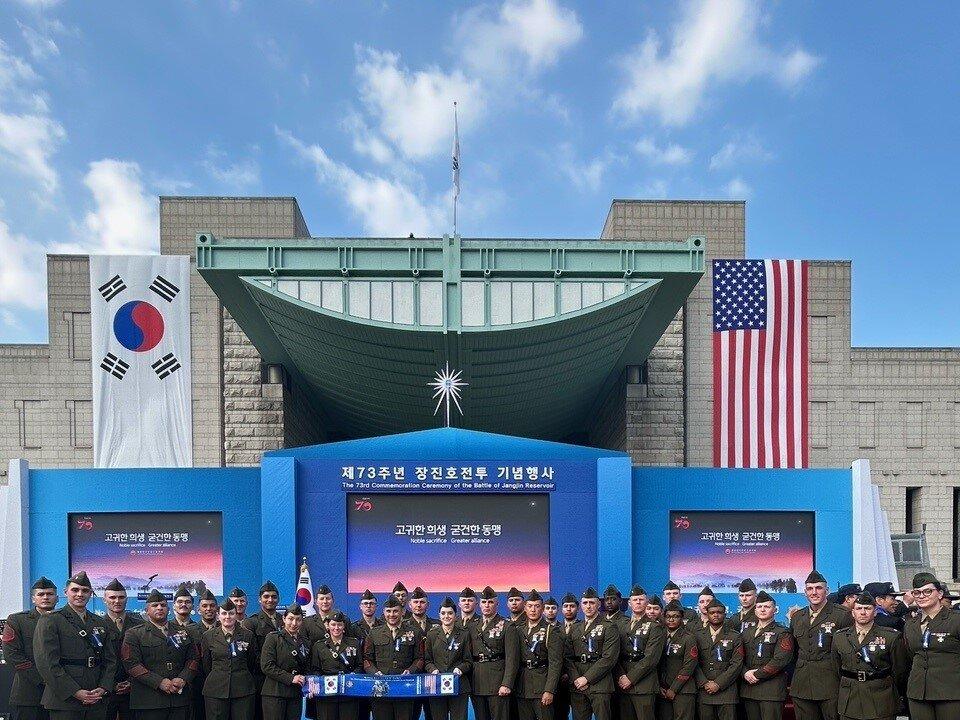The Israel—Hamas conflict has left South Korea on edge over reports that North Korea supplied Hamas with weapons used in its deadly attack on Oct. 7. Further, the surprise incursion over the heavily guarded Israeli border has raised concern about the security of South Korea’s northern border, say experts.
In the face of those concerns, together with an advancing nuclear threat from North Korea, the United States–South Korea relationship is more important than ever.





